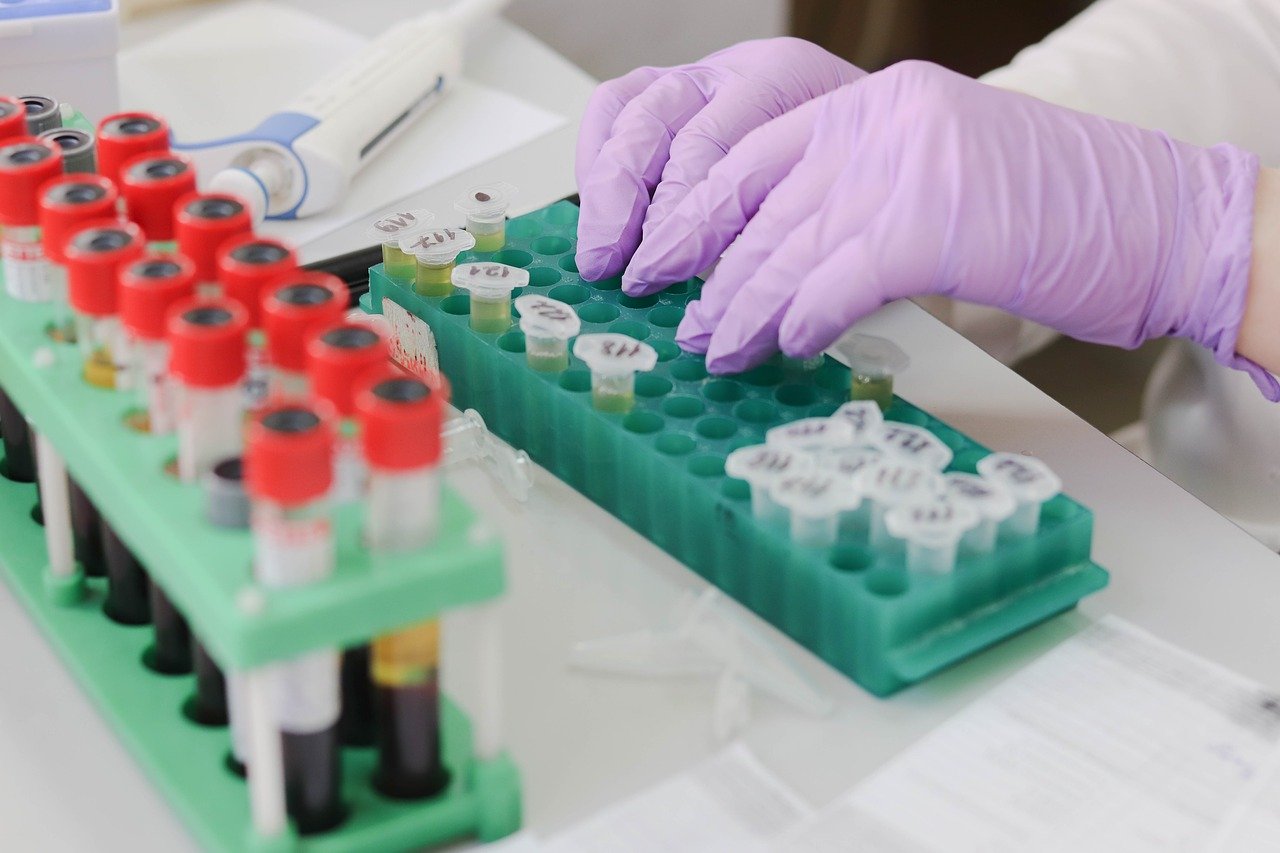
The latest effort for finding a coronavirus cure has resulted in identifying a drug that could prevent entry of the virus into lung cells.
With more than 90,000 confirmed cases and over 3,000 deaths, the world has intensified its search for the coronavirus cure.
SARS coronavirus-2 has been transmitted from animals to humans and leads to a respiratory disease called COVID-19, which may become severe and fatal. The spread of the SARS coronavirus-2 has started since December 2019. It is closely associated with the SARS coronavirus that sparked the SARS pandemic in 2002 and 2003. No vaccines or drugs have been made yet to combat these viruses.
A group of scientists formed by infection biologists from the German Primate Centre and researchers from Charité, the University of Veterinary Medicine Hannover Foundation, the BG-Unfallklinik Murnau, the LMU Munich, the Robert Koch Institute and the German Center for Infection Research began a study to find a coronavirus cure.
Their objective was to determine how the new coronavirus SARS-CoV-2 dominates host cells and how this process can be impeded. The researchers found a cellular protein that is critical for the entry of SARS-CoV-2 into lung cells.
"Our results show that SARS-CoV-2 requires the protease TMPRSS2, which is present in the human body, to enter cells," says Stefan Pöhlmann, head of the Infection Biology Unit at the German Primate Center. "This protease is a potential target for therapeutic intervention."
The researchers studied whether the drug camostat mesylate, which inhibits the protease TMPRSS2, can mitigate infection with SARS-CoV-2.
"We have tested SARS-CoV-2 isolated from a patient and found that camostat mesilate blocks entry of the virus into lung cells," says Markus Hoffmann, the lead author of the study. Camostat mesilate is a drug legally accepted in Japan to cure pancreatic inflammation.
"Our results suggest that camostat mesilate might also protect against COVID-19," says Markus Hoffmann. "This should be investigated in clinical trials."






